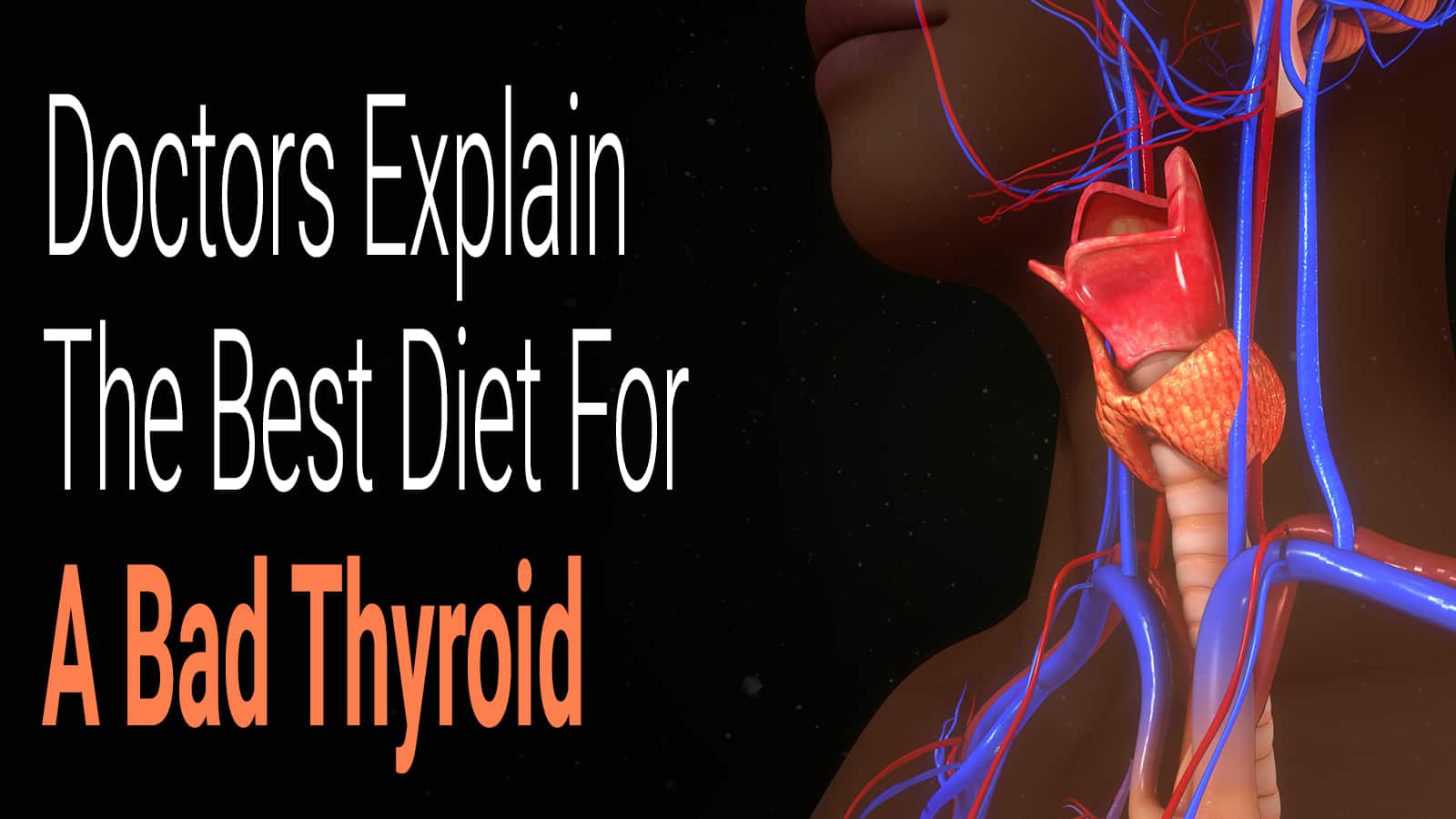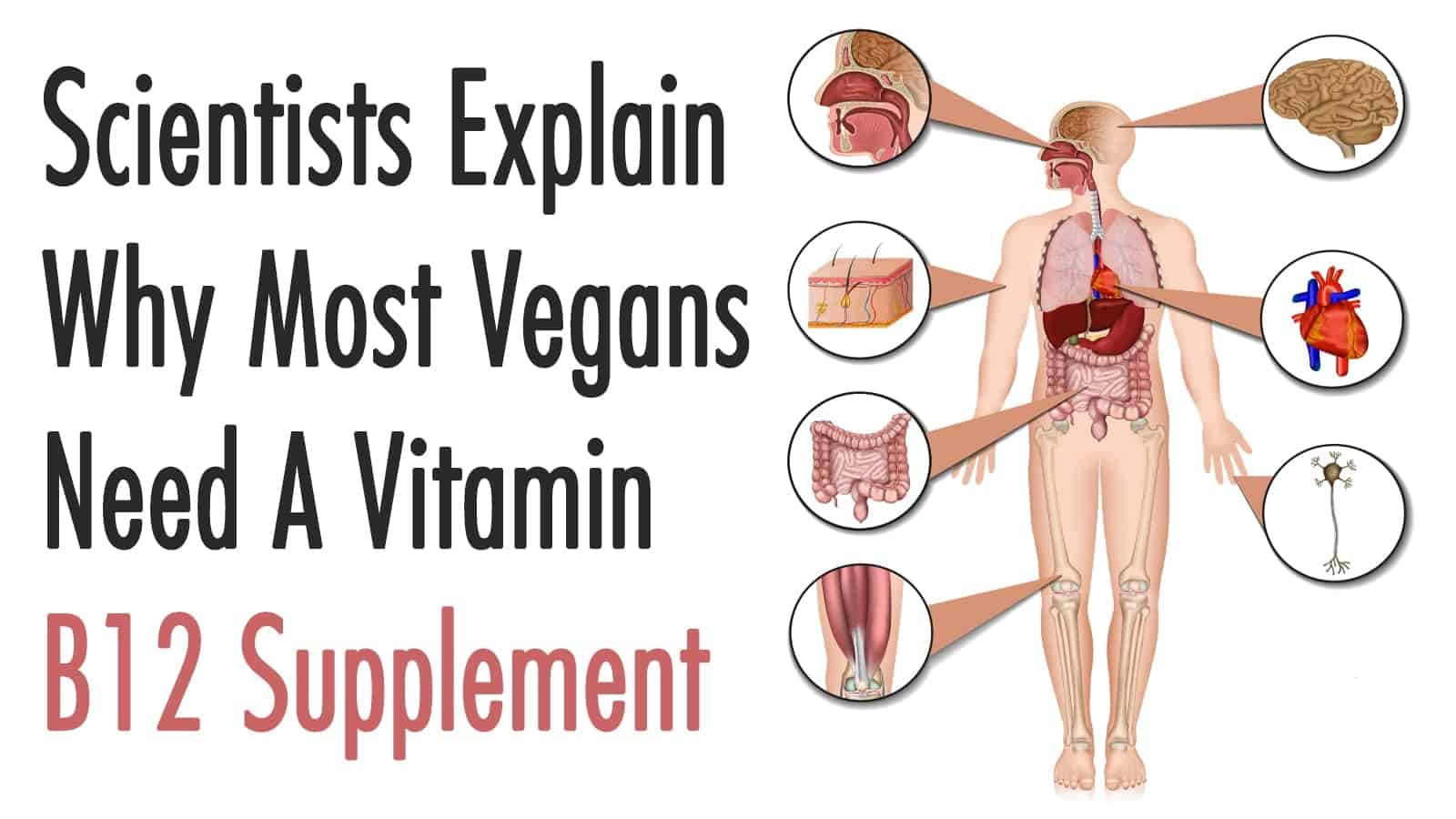If you’re struggling with thyroid disease, you’re not alone; according to the American Thyroid Association, more than 20 million Americans have already been diagnosed. Also, twelve percent of the U.S. population will develop the disease within their lifetime.
The thyroid, a butterfly-shaped gland located at the base of the neck, is responsible for releasing hormones that regulate metabolism and control how the body utilizes energy. Hypothyroidism, characterized by the body’s inability to produce enough thyroid hormones, is the most commonly diagnosed disease.
Individuals who have been diagnosed hypothyroidism often exhibit the following symptoms:
- Fatigue
- Hair loss
- Weight gain
- Depression
- Feeling cold
- Bloating
- Fatigue
In this article, we will take a closer look at hypothyroidism. Then, we will look at how a healthy diet can help reduce the severity of symptoms commonly associated with the disease.
WHAT CAUSES THYROID-RELATED PROBLEMS?
In most cases, hypothyroidism is a byproduct of Hashimoto’s thyroiditis, an autoimmune disease that causes the immune system to attack the thyroid gland. Hypothyroidism can also be brought on by an iodine deficiency or a reduction in thyroid-stimulating hormone (TSH). This often results if a pituitary gland does not function properly.
One of the most distressing symptoms of hypothyroidism is the inability to maintain a healthy weight; the disease adversely affects metabolism. This, in turn, affects how quickly you can burn calories. As such, it is not uncommon for those struggling with hypothyroidism to be overweight.
NUTRITION AND HYPOTHYROIDISM
If you have hypothyroidism, figuring out what to eat to reduce the severity of symptoms can prove challenging. That’s especially true if you’re trying to lose weight, struggling with fatigue, or feeling bloated.
The most important thing to be mindful of when it comes to your diet is that certain foods can improve your symptoms while others can worsen them. Selenium-rich foods like Brazil nuts, fish, and certain cuts of beef, for example, can improve hypothyroidism symptoms. Conversely, foods that contain goitrogens like broccoli and cabbage, can further disrupt thyroid production and worsen symptoms, especially among those with iodine deficiency.
LOSING WEIGHT WHILE STRUGGLING WITH THYROID PROBLEMS
For many people diagnosed with hypothyroidism, losing weight can seem like an uphill battle; however, it is not impossible. Certain diet strategies can help you quickly shed unwanted pounds. Of course, you will want to consult your physician or nutritionist before starting any new diet or exercise regimen. That said, let’s take a look at two diets proven to help people with hypothyroidism lose weight:
CALORIE-RESTRICTED DIET
If one of your goals is to lose weight while easing hypothyroidism symptoms, a calorie-restricted diet may be worth considering. This diet considers the number of calories you consume each day and your resting metabolic rate to determine how many calories you can cut back on to lose weight.
However, you’ll want to avoid cutting calories too drastically; doing so could result in the body turning to muscles for energy, which can further slow down your metabolism. In the end, you may find that you’re gaining more weight than you’re losing.
ZONE DIET
Developed by Barry Sears, Ph.D., the Zone Diet is an excellent option for individuals diagnosed with hypothyroidism and interested in losing weight. To better illustrate how this diet works, the pancreas produces an excessive amount of insulin when someone consumes a large number of calories. This impedes the body’s ability to use stored fat for energy and makes losing weight difficult.
The Zone Diet prescribes meals that contain forty percent carbohydrates, thirty percent protein, and thirty percent fat. This combination reduces insulin production and stimulates fat burning. To further improve the effectiveness of this diet, dieters should aim to consume lean proteins, unsaturated fats, and carbohydrates with a low glycemic index.
MANAGING THYROID SYMPTOMS
In addition to losing weight, a healthy diet can go a long way toward easing symptoms associated with hypothyroidism. Because bloating is one of the more common symptoms of hypothyroidism, it would be best to avoid pizza, hot dogs, and processed foods. They can cause fluid retention and also contribute to weight gain.
Studies show that the fluid retention caused by bloating can increase one’s weight by as much as 10 pounds. In most cases, the excess weight will be noticeable in the face, hands, abdomen, and feet.
One of the best ways to combat bloating is by adopting a low-FODMAP (fermentable oligosaccharides, disaccharides, monosaccharides, and polyols) diet, which is designed to limit your overall intake of wheat, onions, garlic, beans, and certain fruits and vegetables.
CONSTIPATION
In addition to bloating, a poorly functioning thyroid causes constipation, characterized by hardened feces and difficulty emptying the bowels. One way to circumvent this problem, assuming you’re not also struggling with bloating, is by consuming foods rich in fiber, like beans and whole grains, for example.
Also, you should drink a minimum of eight 8-ounce glasses of water daily, promoting healthy bowel function. If you’re still struggling with constipation after making these dietary changes, you may consider over-the-counter medications like Miralax and Milk of Magnesia. These products can soften stool, which, in turn, makes emptying your bowels that much easier.
FATIGUE
Like bloating and constipation, a poorly functioning thyroid also causes fatigue. Assuming you have ruled out other health conditions that may be contributing to the problem, the following dietary changes may prove beneficial:
- Drinking caffeinated beverages
- Taking dietary supplements like coenzyme Q10
- Limiting your consumption of sugary and gluten-based foods
VITAMINS AND MINERALS
Because a poorly functioning thyroid causes nutritional deficiencies, make it a point to get the vitamins and minerals your body needs. For example, vitamin D can improve bone health and your immune system, which is often compromised due to hypothyroidism.
Obviously, the best source of Vitamin D is the sun’s ultraviolet rays. However, you can also find vitamin D in various foods like fatty fish, eggs, and fortified cereals. On a side note, individuals with hypothyroidism caused by Hashimoto’s thyroiditis are especially prone to low vitamin D levels.
VITAMIN B12
In addition to low vitamin D levels, individuals with hypothyroidism may also be deficient in vitamin B12. This vitamin plays a key role in keeping the body’s nerves and blood cells healthy. Being deficient in vitamin B12 can cause fatigue, making routine tasks even more difficult.
To resolve a vitamin B12 deficiency, you can get B12 shots or take supplements. Also, you can increase your vitamin B12 levels by consuming many of the same foods that contain vitamin D. These include dairy products, fish, beef, and certain cereals.
THYROID-BASED HORMONE REPLACEMENT MEDICATION
Although dietary changes and supplements can help combat the severe symptoms of hypothyroidism, prescription medication may still be needed to get the disease under control. Some of the more commonly prescribed thyroid-based hormone replacement medications include:
- Levothyroxine sodium
- Liothyronine sodium
- Liotrix
Most people generally use these hormone-replacement drugs well-tolerated; however, there are some side effects worth noting. The toxicity level associated with thyroid-based hormone replacement medications can cause chest pain, elevated heart rate, profuse sweating, headaches, insomnia, diarrhea, and vomiting. Also, women who take these medications may notice a disruption in their menstrual cycles.
Despite the many side effects of these medications, many people have credited them with relieving many of the symptoms associated with hypothyroidism. They believe wholeheartedly that the positives outweigh the negatives.
SUPPLEMENTS AND THYROID-BASED HORMONE REPLACEMENT MEDICATIONS
If you have been prescribed thyroid-based hormone replacement drugs, you should take them at least 3 hours before taking dietary supplements. This will help improve drug absorption. The same applies to any over-the-counter medications that you may take. Ideally, you should advise your physician of any supplements or over-the-counter medications you take before starting a thyroid-based hormone replacement regimen.
An improperly functioning thyroid causes several health problems. Thus, it is best to schedule an appointment with your physician as soon as possible if you are experiencing any of the symptoms detailed in this article. The same is true if you are facing other symptoms that may suggest a problem with your thyroid gland.





















